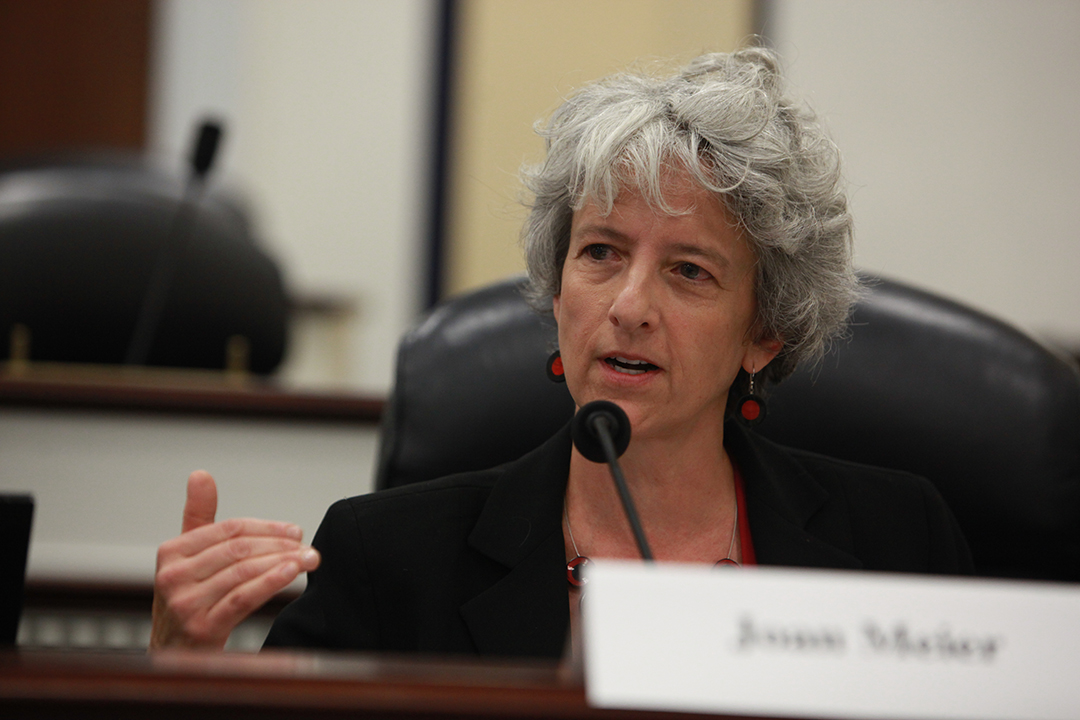Professor Joan S. Meier's latest research, "Mapping Gender: Shedding Empirical Light on Family Courts' Treatment of Cases Involving Abuse and Alienation," was the topic of discussion on Blog Talk Radio's "3 Women 3 Ways" segment. Some divorcing fathers say family courts are prejudiced against them when it comes to deciding child custody. Some divorcing mothers say they are punished when they reveal violence and sexual abuse, especially of the children. Judges say they are fair and equitable always. But are they? Professor Meier spoke about her research study that looks into how judges in family court made decisions about child custody when there are allegations of abuse and alienation.
Professor Meier explained that what has been published is the pilot study, which begins empirically mapping family courts's uses of parental alienation theory in abuse cases. A much larger federally funded study that builds on these results is now underway. She was inspired to do the study because she felt that a doctrine called parental alienation was misunderstood, and being used as a primary vehicle for abusers' and evaluators' denial of abuse. Parental alienation is considered to be a tactic used by one parent to undermine or destroy the child's love, attachment, and relationship with the other parent. Professor Meier said the concept of parental alienation was being misused when it is invoked to deny abuse claims by the other parent or child.
When fathers turn children against their mother, Professor Meier said courts seem much less concerned. When mothers are seen as turning their children against the father, "it's seen as the worst possible kind of abuse of a child," she said. In this study, she wanted to empirically show that parental alienation is gender biased "because the claim in the courts and by many of these professionals is that it's a neutral theory." This motivated Professor Meier to do more research on this topic.
In order to get this project to move forward, Professor Meier sought the help of law student interns. She then eventually worked with a fellow who was a law graduate and had a background in public health statistics. A number of cases were collected electronically to empirically analyze what happened, what the court found, and the outcomes.
A total of 240 cases involving parental alienation, abuse claims, and a series of other search terms were looked at. Professor Meier's study would confirm that courts were favoring fathers as opposed to the popular belief that courts favor mothers in child custody cases. "We were looking to see whether alienation was biased," she said. In addition, Professor Meier found other issues in her research regarding how courts respond to the different types of abuse claims made by mothers, saying, "That is where the stunning surprises came from."
To learn more about Professor Meier's research study, visit the page below.


